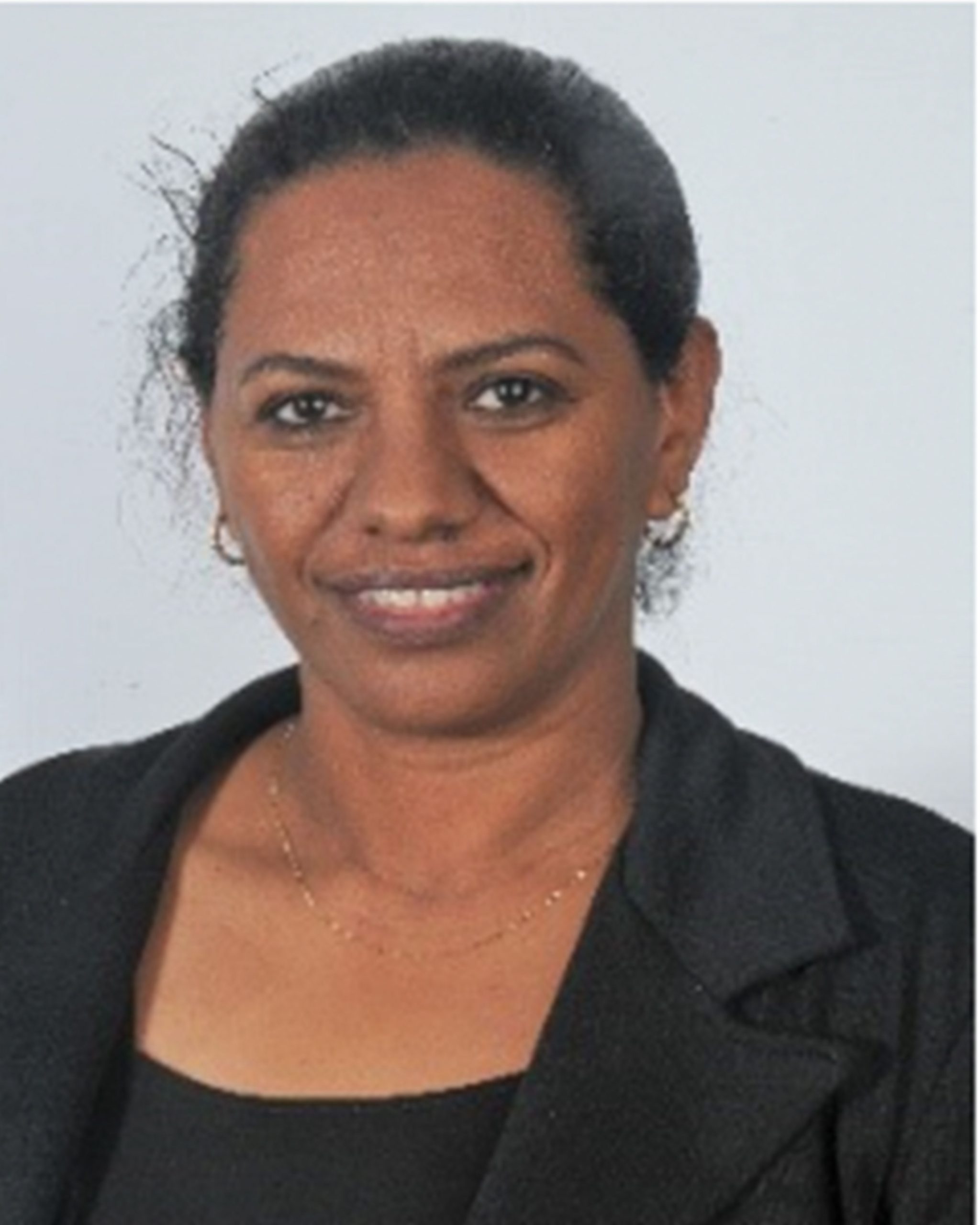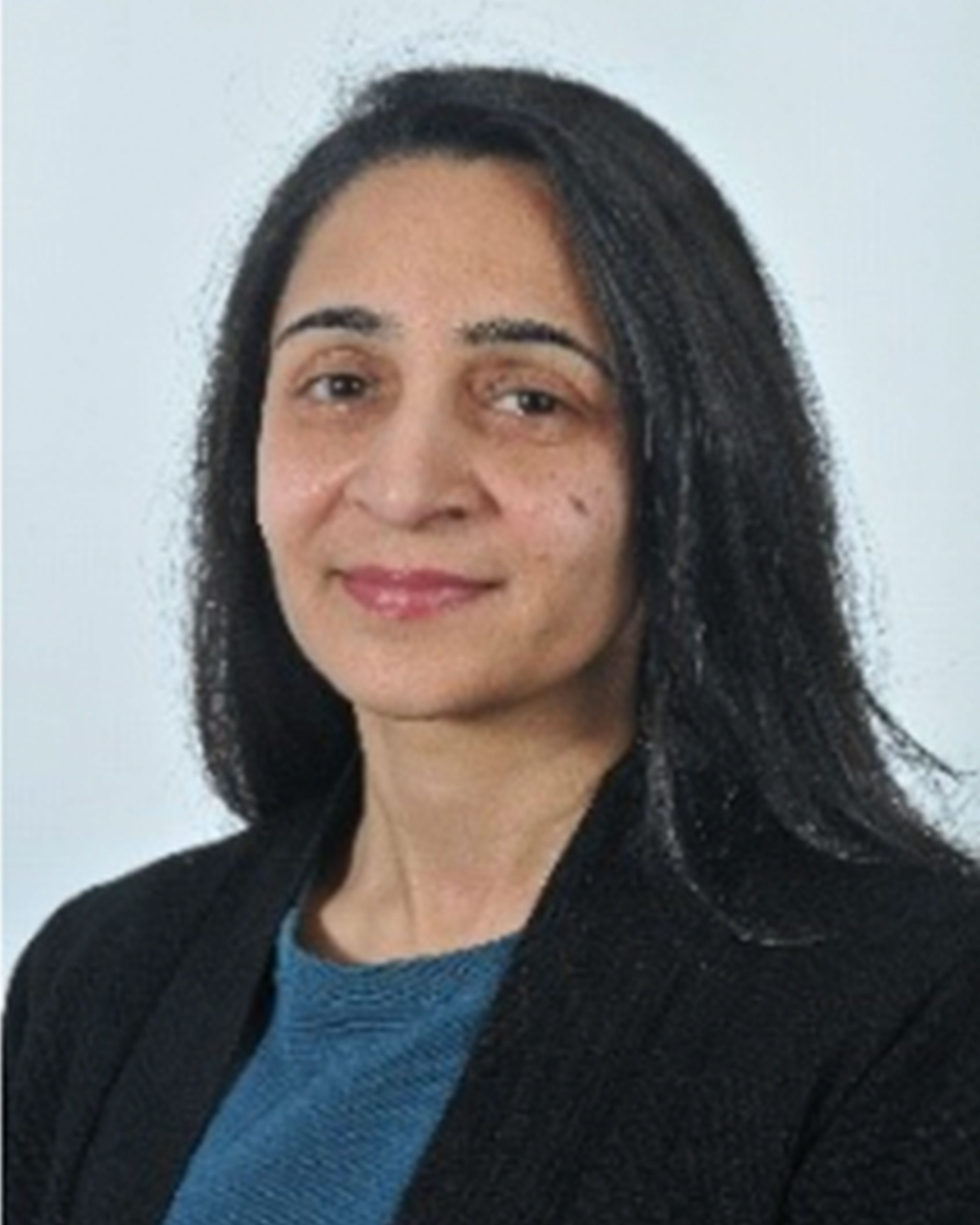Vision Statement
The National Institute for Communicable Diseases (NICD) is a national public health institute for South Africa, providing disease surveillance, specialised diagnostic services, outbreak response, public health research and capacity building to support the government’s response to communicable disease threats.
Mission statement
The NICD will be a source of knowledge and expertise in regionally relevant communicable diseases to the South African Government, the Southern African Development Community countries and the African continent. Furthermore, it will assist in the planning of policies and programmes, and will support responses to communicable disease threats.
All communicable diseases information on www.nicd.ac.za is evidence-based and reviewed by experts, including pathologists, scientists, epidemiologists, medical technologists and technicians, and surveillance officers. The information on these pages are reviewed and updated by a multi-disciplinary committee that has been established to ensure that web governance policies remain current, communicated and enforced.
Purpose
The NICD website serves South African healthcare workers, policymakers and the general public by providing science-based, up-to-date information and articles related to communicable diseases, within the context of disease prevention on the African continent.
The NICD assists in the planning of policies and programmes to support communicable disease control and elimination efforts, and provides numerous specialised diagnostic services. A critical role of the NICD is to respond to outbreaks through the Outbreak Response Unit and the Emergency Operations Centre (EOC). The NICD houses biosafety level (BSL) 3 laboratories and the only suited high-containment BSL 4 laboratory in Africa, making it a premier research, surveillance and diagnostics institution in the area of communicable diseases.
The Sequencing Core Facility at the NICD conducts next-generation sequencing for diagnosis and outbreak support. Several NICD laboratories are World Health Organization (WHO) collaborating partners, providing reference diagnostic services and surveillance for communicable diseases such as influenza, poliomyelitis, tuberculosis and measles, among others. Surveillance for malaria and arbovirus vectors is a key function of the NICD, which also houses five insectaries for culturing a wide range of mosquito species that are of public health importance.
Centre for Tuberculosis
The Centre for Tuberculosis’ (CTB) core function is to execute TB surveys and population research, conduct laboratory-based public health surveillance of TB, and contribute to the advancement of TB epidemiology, diagnostics, and treatment, thereby guiding South African policy. In addition, the centre houses the National TB Reference Laboratory and is a member of the WHO TB Supranational Reference Laboratory network for the sub-Saharan region. The Centre conducts laboratory-based public health surveillance for drug sensitive TB, drug resistant TB and new drugs for the treatment of TB; provides specialized reference mycobacteriological services to South Africa and the African continent; evaluates innovative techniques such as next generation tools to improve the diagnosis and treatment of TB and drug resistant TB; and initiates applied public health research aimed at providing enhanced intelligence on the drivers and protective factors that underlie the TB epidemic in South Africa. The Centre further advises and works closely with the National Department of Health on strategic planning of the national TB program and formulate guidelines and policies for the diagnosis and treatment of TB in South Africa.
Official Website: https://www.nicd.ac.za/
Centre for TB link: https://www.nicd.ac.za/centres/centre-for-tuberculosis/
Team

Dr Shaheed Vally Omar
Centre Head
Dr Harry Moultrie
Senior Medical Epidemiologist
Ms Lavania Joseph
Medical Scientist
Dr Halima Said
Principal Medical Scientist
Dr Farzana Ismail
Senior Pathologist (Clinical Microbiologist)
Ms Thabisile Gwala
Research Officer